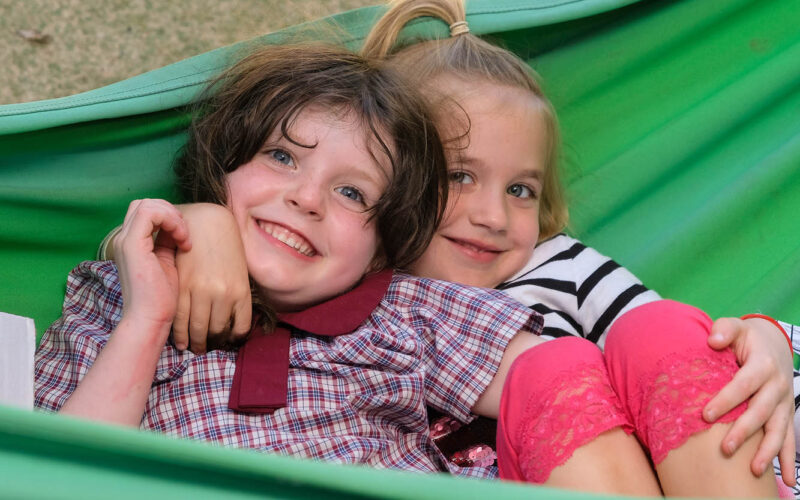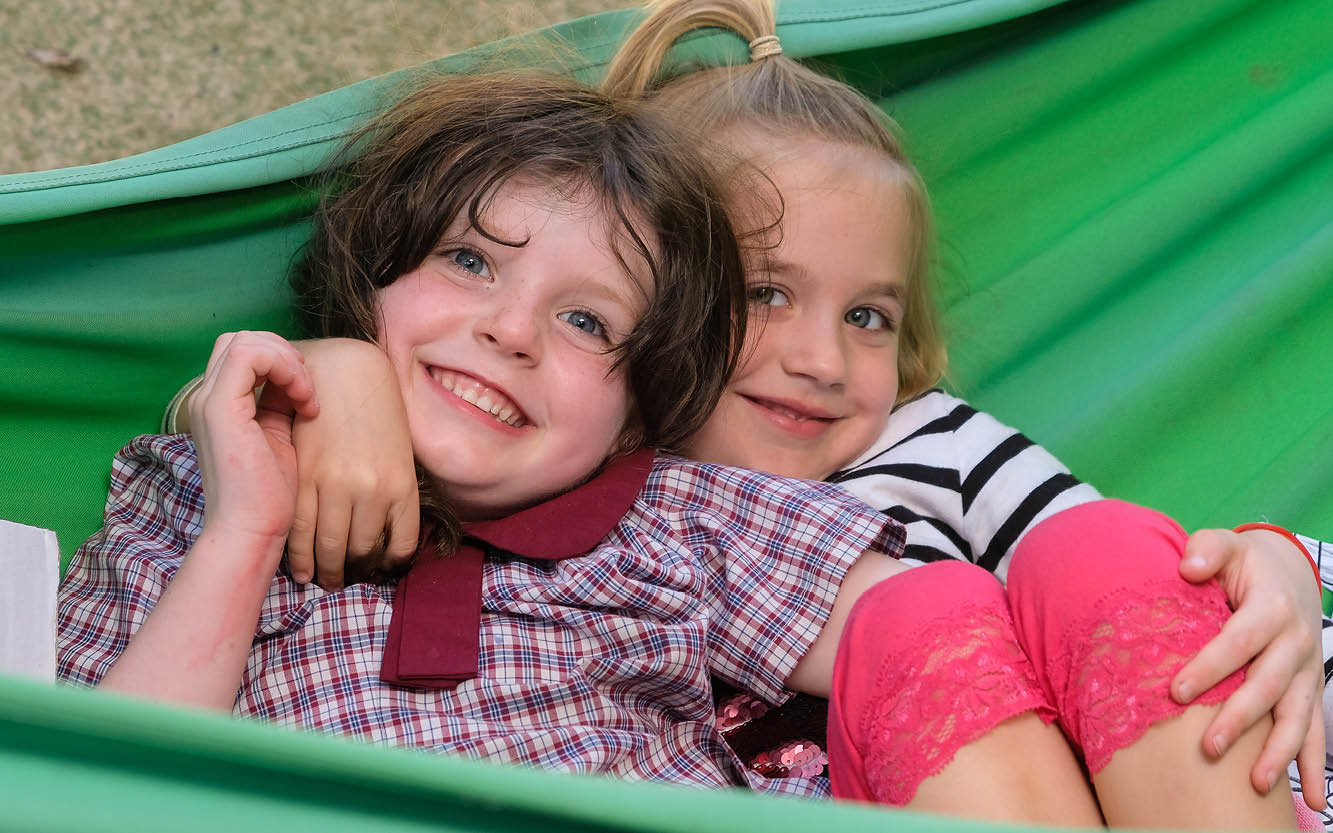

Some background
In New South Wales, children can start Kindergarten at the beginning of the school year if they turn five on or before 31 July in that year. All children must have started school by their 6th birthday. Parents can choose whether to start their child at school earlier or later within this timeframe. Rather than basing the decision on the child’s age, it is important to consider their overall readiness for this step.
What is ‘school readiness’?
School readiness is much more than your child’s reading, writing or mathematical skills. When deciding whether they are ready to start school, it is important to consider a range of factors. These include your child’s emotional maturity, their social and language skills, their ability to carry out simple self-care tasks, such as toileting, dressing and eating, and their ability to follow simple instructions and complete tasks independently
Some children may benefit from having extra time to develop these skills before starting school. Attending a quality early learning program in the year or two before starting school also helps children to get ready for this transition.
What is a positive transition to school?
Even with the best supports and strategies in place, starting school is a change, and change can be scary for both children and their parents or carers. Feelings such as sadness, anxiety, anger or fear are normal and should be acknowledged and responded to. A positive transition to school happens when children know what to expect when they start school, feel a sense of belonging in their school community and have the confidence and skills to seek help or manage any challenges they might encounter at school.
It is important to give children ‘a voice’ in the transition process. Encouraging children to express their questions and concerns and allowing them to be part of the decision-making process builds their confidence and sense of agency.
Tips to support children’s transition to school
Visit the school
- Attend school orientation or transition programs. School websites and social media pages are often great ways to find out when these are happening. If your child is attending an early childhood education program, this may also be part of their service’s transition to school activities.
- If possible, attend activities and events at the school such as open days, fetes, community markets and events with your child.
- Visit the school playground if it is open to the public.
- Even if you can’t enter the school grounds, it may still be possible to view the grounds and facilities from outside with your child.
Talk about school with your child
Talk with your child about:
- What happens at school, for example classroom learning, play time, mealtimes, school assembly, sport days, and library days. Try to get specific information from your school about school and classroom activities and routines—his is often shared at orientation sessions.
- The rules they may need to follow at school, for example, they may need to ask permission to go to the bathroom so that the teacher knows where they are, or there may be parts of the playground that are ‘out of bounds’.
- That the bathrooms will be different to the preschool of childcare service they attend. There will be separate bathrooms for girls and boys, and separate toilet cubicles, and the boys’ toilets may have urinals. Teach your child how to lock and unlock cubicle doors in public toilets.
- Who they should talk at school to if they are worried, feel unwell or not sure of what to do
- The routine they will have before and after school, and how they will get to and from school
- Before and/or after school care if they will be attending this
- Lunch ordering or the school tuckshop/canteen if applicable
- How some things at school will be similar to what your child is already familiar with, for example, “Your teacher will help you learn just like your teachers at preschool do” or “You’ll wash your hands at the sink just like you do at home/at preschool”. This can help to reduce the scary ‘big change’ factor of staring school.
- What will happen on school holidays
Reading children’s books about starting school is also a good way to start conversations with your child. Australian-based stories such as Starting School by Janet and Allen Ahlberg, Starting School by Jane Godwin and Anna Walker, Wombat Goes to School by Jackie French and Bruce Whatley and First Day by Andrew Daddo and Jonathan Bentley may appeal to your child.
While it is helpful to speak positively about school, you should avoid creating false or unrealistic expectations. It is also important to avoid talking constantly about school, as this may increase your child’s anxiety—follow your child’s lead as much as possible and incorporate these conversations into everyday activities.
Build your child’s (and your) social networks
- If your child attends an early childhood education program or other community program (eg playgroup, swimming lessons), try to arrange playdates or catch ups with other children from there who are going to your child’s school
- Try to connect with other parents or carers at school transition or orientation programs, and if possible, arrange playdates for your families to get to know each other
- Take your child to local parks and playgrounds where they can meet and play with other children (some of these children may also be going to your child’s school).
Help your child practice self-care and independence
Encourage your child to:
- Get dressed in their school clothes
- Open, close, put on and take off their school backpack, and store it where it belongs
- Use the bathroom and wash their hands on their own
- Drink from bubblers independently—bubblers can often be found at local parks
- Choose the healthy foods and snacks they would like in their lunch box.
- Open and close their school lunch box and drink bottle or any other food containers
- Put their clothes and toys where they belong when not being worn or used
- Let you know if they need you to explain an instruction or direction they didn’t understand.
Give your child opportunities to make choices about their school supplies, such as their backpack, pencil case, lunch box and drink bottle (you may need to vet the options first to make sure they are choosing from a practical range).
Practical preparations
- Set up and practice your morning and afternoon routines for before and after school ahead of time, and keep these simple and consistent
- Create consistent bed and sleep time routines for your child and practice these for a few weeks before they start school
- Purchase your child’s school uniform well in advance to make sure it fits properly and encourage them to get used to wearing uniform items such as wide brim hats.
- Encourage your child to wear their school shoes for periods of time before their first day to make sure they are comfortable and to give them time to practice putting them on and taking them off. Shoes with Velcro straps are often easier for children to manage when they are starting school.
- Obtain a list of what your child is required to take to school—in addition to stationery items, they may also need to have items such as an art smock or library bag
- Label all your child’s possessions, including bags, clothes, food and drink containers and stationery
- Find out if your child’s school has any policies related to healthy foods or prohibited foods due to allergies
- Consider limiting after-school activities for the first few weeks of school as your child may feel very tired at the end of the day while they are settling in
- Prepare for how you will say “goodbye” to your child when they first start school—this may be an emotional time for you as a parent or carer, but saying a quick, confident goodbye can help your child feel secure and reassure them that you know they are safe and will be okay.
Conclusion
Every child is different, and you know your child best. It is important to consider your child’s individual temperament, strengths and interests as you support their transition to school, and wherever possible to allow them to have a voice and to take an active role in navigating the experience.
Contact us
If you have any questions or would like more information, please email us at childrensservices@theinfantshome.org.au.
References and Further Reading
- ACECQA (StartingBlocks). (n.d.). Transition to School. Retrieved from: https://startingblocks.gov.au/resources/children-and-services/how-to-support-your-child-through-early-childhood-education-and-care/transition-to-school
- New South Wales Department of Education. (n.d.). Useful tips and activities in the lead-up to Kindergarten. Retrieved from: https://education.nsw.gov.au/schooling/parents-and-carers/going-to-school/getting-ready-for-school/starting-primary-school/preparing-for-primary-school
- Raising Children Network. (2024). Starting primary school: preparing children. Retrieved from: https://raisingchildren.net.au/school-age/school-learning/school-choosing-starting-moving/starting-school